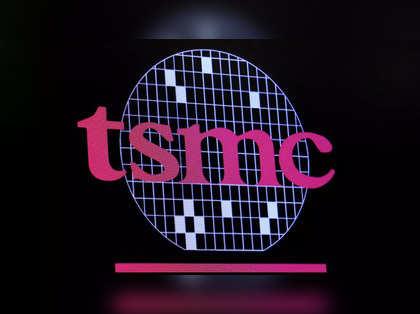In the shadowy realm of technological warfare, where silicon chips are the new frontline and national security hangs in the delicate balance of international trade, a high-stakes narrative is unfolding. The United States is poised to draw a line in the digital sand, targeting a mysterious entity that dared to procure advanced semiconductors from Taiwan Semiconductor Manufacturing Company (TSMC) for Huawei’s cutting-edge processors. As geopolitical tensions simmer and tech loyalties are tested, this potential blacklisting represents more than a mere corporate maneuver—it’s a strategic chess move in the global technology ecosystem. In a significant escalation of tensions within the semiconductor industry, U.S. officials are reportedly preparing to take stringent action against a Chinese company linked to Huawei’s advanced chip procurement strategies. The potential blacklisting represents another layer of complexity in the ongoing technological and geopolitical chess match between Washington and Beijing.
Sources familiar with the matter reveal that the unnamed company’s strategic maneuver of ordering chips from Taiwan Semiconductor Manufacturing Company (TSMC) has caught the attention of U.S. trade regulators. This development underscores the intricate web of international supply chains and the increasingly aggressive stance of American policymakers towards Chinese technology firms.
The proposed blacklisting would effectively restrict the company’s ability to conduct business with U.S. entities, potentially delivering a severe blow to its operational capabilities. Such a move aligns with previous U.S. efforts to constrain Huawei’s technological advancement and limit China’s semiconductor capabilities.
TSMC, the world’s largest contract chipmaker, finds itself once again at the center of geopolitical tensions. The company has been navigating a delicate balance between maintaining its global business relationships and complying with international regulatory requirements.
Intelligence suggests that the targeted company played a crucial role in sourcing advanced processors for Huawei, potentially circumventing existing export controls. This strategic procurement approach has prompted U.S. authorities to consider more robust intervention mechanisms.
The potential blacklisting highlights the ongoing technological rivalry between the United States and China, with semiconductors emerging as a critical battleground. By targeting companies involved in chip procurement, U.S. officials aim to disrupt supply chains and limit technological progression for strategic competitors.
Industry analysts speculate that this action could further complicate international technology trade, potentially triggering retaliatory measures from Chinese authorities. The semiconductor sector remains particularly vulnerable to geopolitical tensions, with global supply chains increasingly becoming political instruments.
Huawei, which has faced significant challenges due to previous U.S. sanctions, continues to demonstrate resilience in developing alternative technological solutions. The company’s ability to adapt to restrictive environments has been a testament to its strategic planning and technological innovation.
As the situation develops, stakeholders across the global technology ecosystem are closely monitoring potential ramifications. The proposed blacklisting represents more than a simple trade restriction; it symbolizes the broader technological and economic competition between major global powers.
This latest move underscores the increasingly complex landscape of international technology trade, where geopolitical considerations increasingly intersect with commercial strategies.
